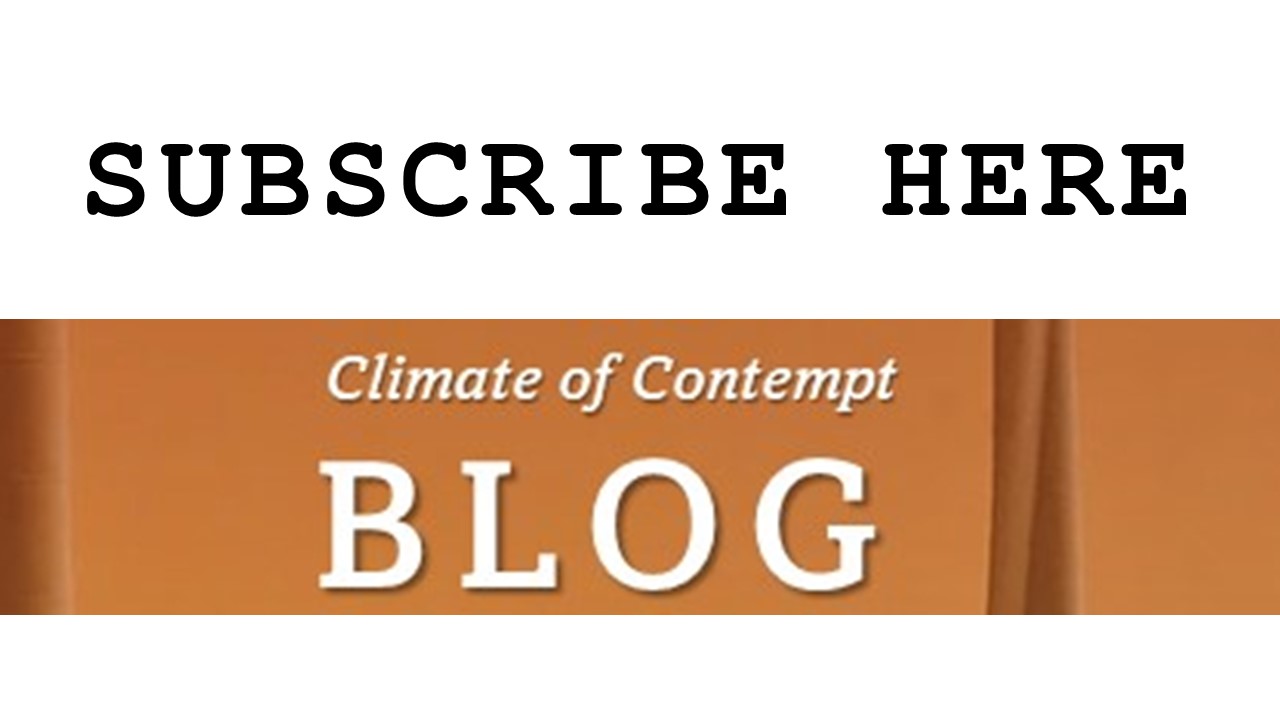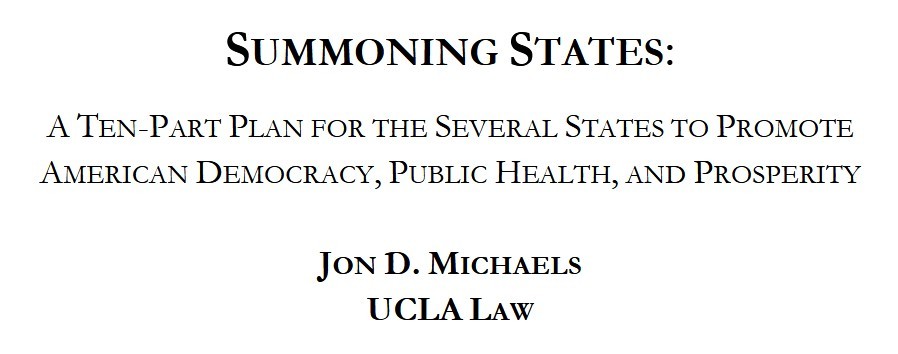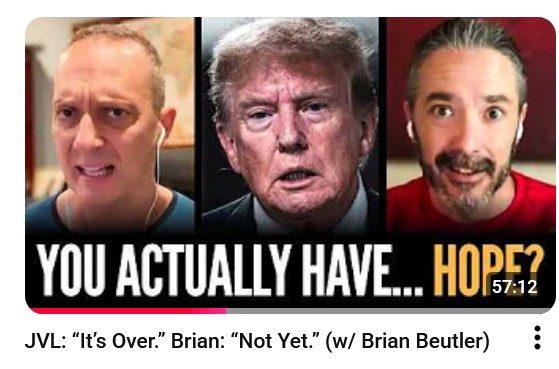Finally, pundits are focusing less on policy victory or convincing voters that their political adversaries are evil, and more on the issue of whether our liberal democracy can be saved, and if so, how. Until recently, those at the forefront of the effort to preserve democratic norms – academics studying preservation of our liberal democracy at places like UCLA, University of Virginia, University of Pennsylvania and Harvard – have received far too little attention from the popular political press. But the second Trump Administration seems to have crystallized the importance of the issue in minds of many Democrats.
The central questions in these discussions are things like these:
- If the GOP gains electoral and political advantages by flouting the rule of law, fair political competition, and other liberal democratic norms, can Democrats resist the destruction of those norms without participating in their destruction?
- If Democrats must indeed flout those norms in order to win power and restore them, what does that sort of resistance look like in the near term, under GOP rule?
- And what does restoration of those norms look like once Democrats gain power, having inherited a badly damaged democracy?
The left is divided over these questions, but some strategic thinkers in each camp have begun to lay out their thoughts.
Three Camps
Typical of the hard resistance is a substack called “The Existential Republic,” written by amateur pundit Christopher Armitage. Armitage has offered a set of recommendations that would mirror the GOP’s aggressive challenges to legal and democratic norms (see here and here). Armitage is not particularly concerned about adhering to democratic norms because he believes doing so will undermine the cause of saving them. And he represents the growing segment of the left who believe that Democrats aren’t “fighting back” hard enough to win power and save our democracy.
The moderate resistance is represented by a set of recommendations authored by UCLA law professor Jon Michaels. Michaels “Ten Part Plan to Save Democracy” adheres more closely to legal reality, but urges blue states to band together to (i) “starve Washington” (and thereby starve red states who depend more on federal handouts) of tax revenue by embracing lower taxes and deficit spending, and (ii) match the Trump Administration’s willingness to sometimes ignore the law in the hope that courts will change it in their favor.
The skeptical resistance is represented by this conversation on the Bulwark podcast between Jonathan V. Last and Brian Beutler. Both worry about the reparability of American liberal democracy after (how ever many) years of GOP rule, and both recognize that a lot more destruction is possible before that happens. But they have differing levels of optimism/skepticism about the particulars, all of which they explore in their conversation.
These three offer a nice sampling of current thinking about how to preserve/restore the rules of the game when winning the game seems to require flouting the rules? I have written before about the difficulty of threading that needle, and my book recommends engaging voters’ concerns respectfully and at face value.
But not everyone agrees with that.
Comedians and Writers Are Having This Debate
Consider a more concrete example of this disagreement in the context of voter attitudes toward “wokism” and “political correctness”— from comedians Marc Maron and Stephen Fry. Maron would dismiss anti-woke comedians as disingenuous, or intellectually and/or morally lazy; Fry rejects those dismissals and sees wokism as counterproductive — “ineffective” in his words. Maron and Fry share common, left wing policy goals, but disagree sharply about how to reach them.
Another, inspiringly-civil and nuanced version of this debate played out in a recent discussion between the writers and podcasters Ezra Klein and Ta-Nehisi Coates. Coates argued that (a) the struggle against human “evil” is eternal, (b) engagement with those who support evil (read: GOP policies that hurt vulnerable people) is impossible, and (c) in the long run it is best to just speak one’s (factual and moral) truth consistently. Klein disputed the idea that GOP voters are irredeemably evil and not worth understanding; he saw engagement with GOP voters as necessary to progress.
The reason that I am with Fry and Klein on this question is that choosing the right political strategy requires understanding voters, including the different kinds of people who vote for a GOP that tramples democratic norms. Most are not monsters, even the ones who profess to support actions we might regard as monstrous. We must engage them in order to understand them.
And to be sure, many on the left do not understand them or their views. Why? Because modern media hides parts of the truth from everyone: different parts from different people. It is not just their online “news” that is ideologically-censored, or their online communities that are ideologically homogenous. Left-leaning online communities have their own incomplete or misleading narratives too.
Here’s a test. If you consider yourself a Democrat or progressive, how do you and your friends think about these questions?
1. Do you agree with Maron’s observation (in the link above) that anti-woke comics’ concerns about being “cancelled” are bogus because they faced no legal sanction for their speech? What should we call it when comics lose economic opportunities because of their speech? Was Colin Capernick “cancelled”? Were the Dixie Chicks? Does it matter what label we apply to the imposition of economic punishment for speech? Is it hypocritical to lament that (economic) punishment when we like the underlying speech but to defend it when we don’t?
2. Is “Antifa” a figment of MAGA imagination? Is it just a word that describes anyone who opposes fascism, such as allied troops during WWII? Or is it a more recent, loosely-organized, latent protest group that sometimes employs violent means to achieve its goals? [In this case, Wikipedia has the thoroughly-researched answer.]
Those of us who want a stronger climate policy want the GOP to stop denying inconvenient truths about climate and energy. We should be careful to acknowledge truths that are inconvenient to us. Everyone who wants the whole truth today has to work harder to get it, to avoid being manipulated into premature certainty based on censored facts. We have to get out our bubbles by talking to “the other side.”
Meanwhile, these fundamental disagreements over electoral strategy will continue to haunt Democrats. Progressives want to motivate younger voters with messaging that mirrors MAGA messaging in its bold rejection of traditional politics. Moderates worry about how that sort of messaging will sell in the 15-20% of congressional seats that are competitive, and where moderates tend to determine election outcomes. How much damage will Democrats do to one another in the process of choosing nominees to elected office? Only time will tell.
I hope that along the way the rest of us will do what we can to support the rule of law and other fundamentals of democracy. We can vote in elections and primaries to unseat representatives who flout the rule of law and other democratic norms. We can actively support candidates who work to uphold those norms. And we can explain to our friends, family, co-workers and neighbors why they ought to consider voting that way as well. – David Spence
—————




